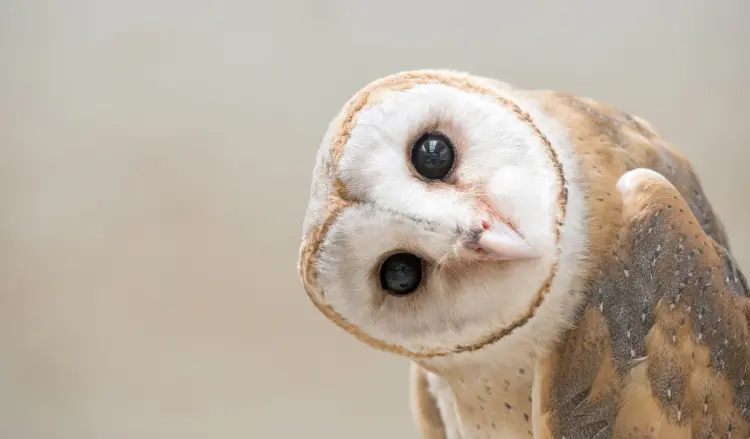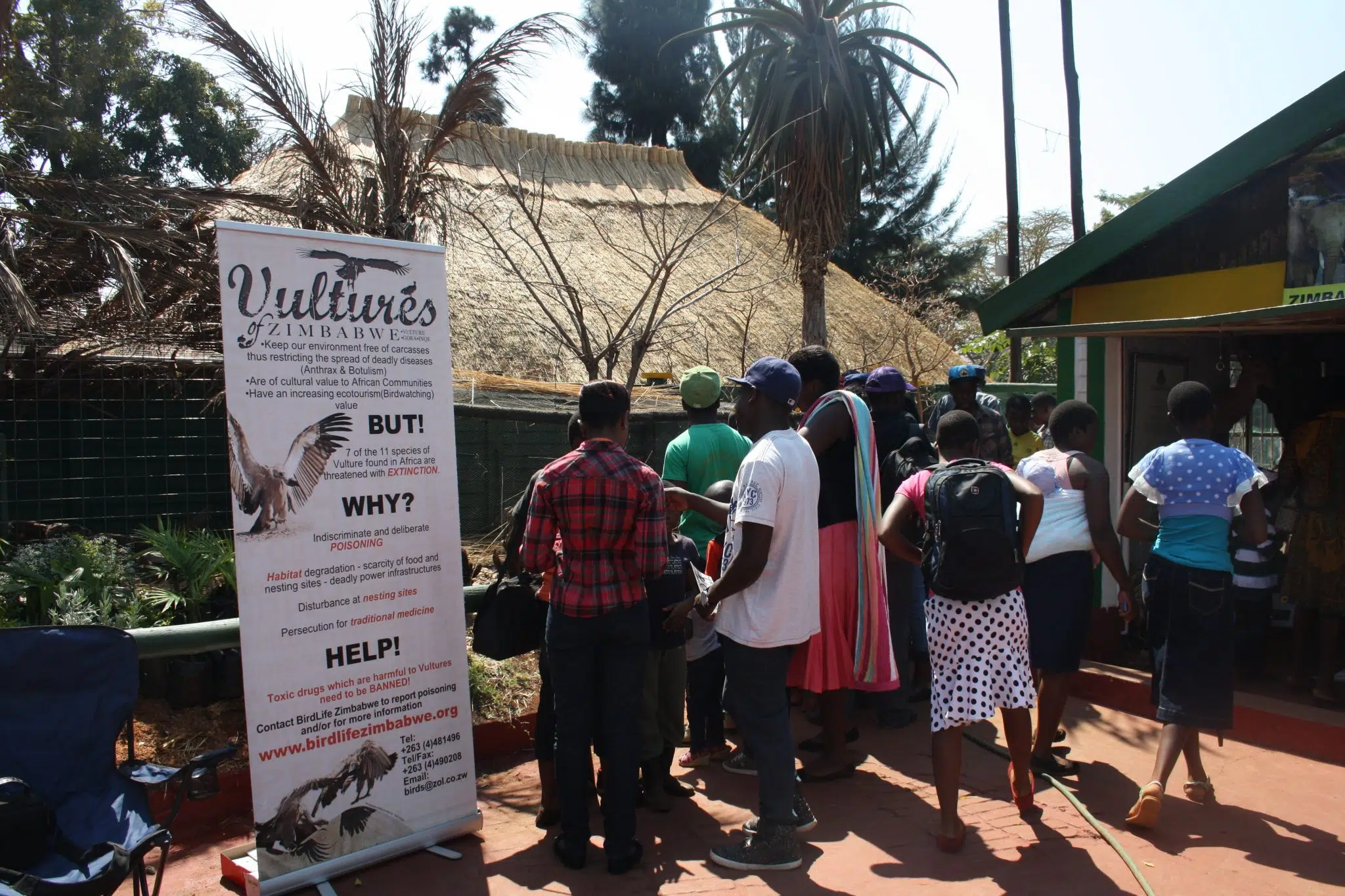It’s black and white: recovery from COVID-19 must be green
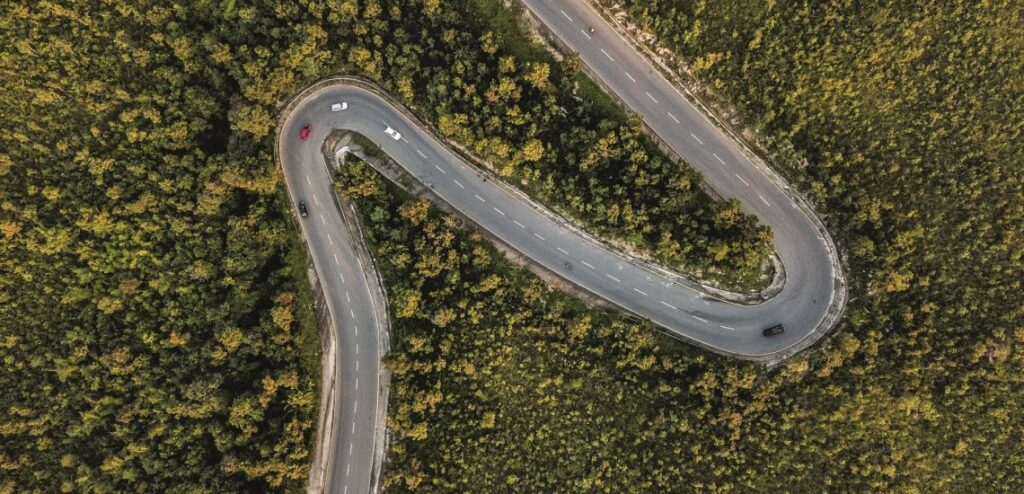
The importance and urgency of a green recovery from the current pandemic cannot be understated. That’s why the BirdLife Partnership is already putting theory into action and showing governments how to truly build back better.
Image credit: © Pixabay
By Patricia Zurita, Chief Executive of BirdLife International
There is tragically no coincidence between the crippling impact of the COVID pandemic, the rate at which we are hurtling towards the sixth mass extinction and the devastation we are imposing on nature. It is a fully predictable outcome, one that science has been telling us about for quite some time. The finely tuned balance our planet has maintained for aeons has been radically upset by humankind’s insatiable appetite for gobbling up her resources, like a glutton at a banquet, in just a century.
Now one year later, as we emerge blinking into the sunshine of spring and the vaccine rollout, the scale of the economic and social catastrophes wrought by COVID and the twin crises of biodiversity loss and climate change are aligned in an epochal way. Our own health and the health of our planet can now undeniably be seen as dancing together in a tango that our planet’s leaders must acknowledge. We said it last year in our April 2020 issue: “We, as a society, urgently need to rethink the way we’ve been pushing development and economic growth at the expense of the planet, and move to a system that is truly sustainable for decades to come.”
More than US$ 13 trillion has been pledged globally to reignite our economies. If we are to truly recover, nature must be placed at the heart of this spending. Putting people back to work, and businesses back on an economic footing, can be done blindly by simply throwing cash into the markets and the well-known interventions of ‘investing in infrastructure’ (aka deforestation and other drivers of nature destruction). But that type of blunt intervention guarantees that we will immediately face another even more deadly set of consequences as the planet’s condition further deteriorates – with outcomes even more catastrophic than the pandemic we are currently battling.
Rather than lavishing investment on systems guaranteeing ‘business as usual’, this recovery funding must be tailored towards putting people and businesses to work on restoring and conserving nature, and investing in our natural capital. Then, jobs and economic activity can advance sustainability, creating a new paradigm that builds back better with nature as a key component – not as an afterthought.
As we dig ourselves out from COVID, let us do so intelligently, such that the wealth brought forwards can be used to halt our descent into another, far worse, existential crisis. And let us do so together, with both donor countries and those in the world that will be receiving aid working to the same restoration goals. We have a once-in-a-generation opportunity to reset our relationship with nature, one that neither the planet – nor we – can afford to miss.
In an effort to set up a model for a greener recovery, BirdLife International has developed a set of pilot projects to be scaled up. They serve as a road map that shows how we can steer financial flows and investments into truly building back better. We are using our continent-spanning partnerships and on-the-ground capacity and connections to influence the recovery deals being negotiated between donor countries and developing countries. A tight-knit squad of local Partners and our policy and conservation teams in Europe, Africa and Asia have started to work with regional and bilateral donors. The mission: to ensure the recovery grants and loans going to key countries put nature at their heart.
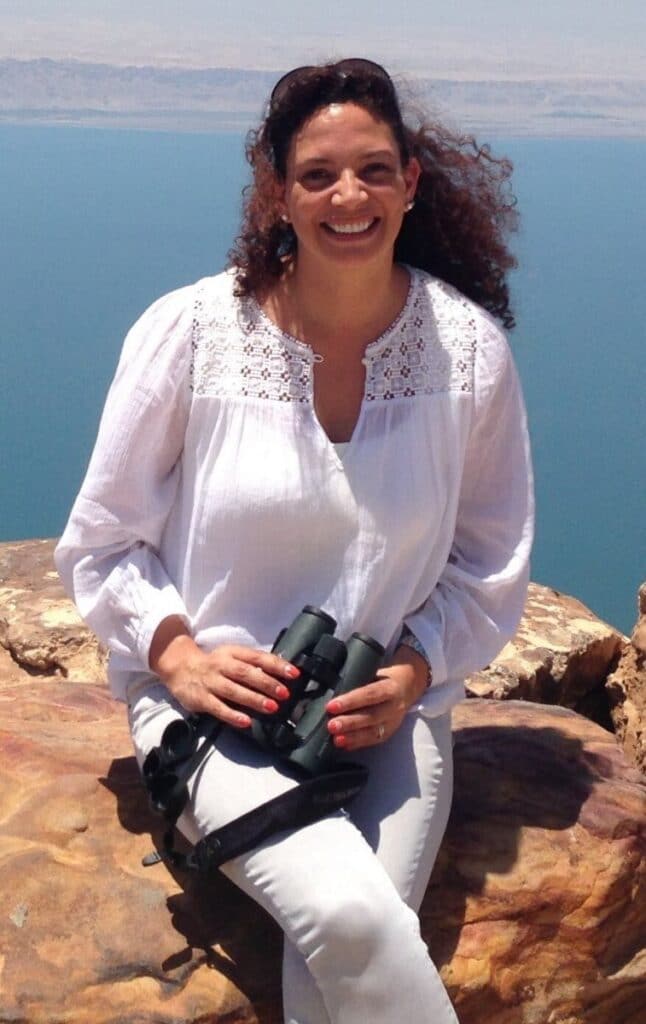
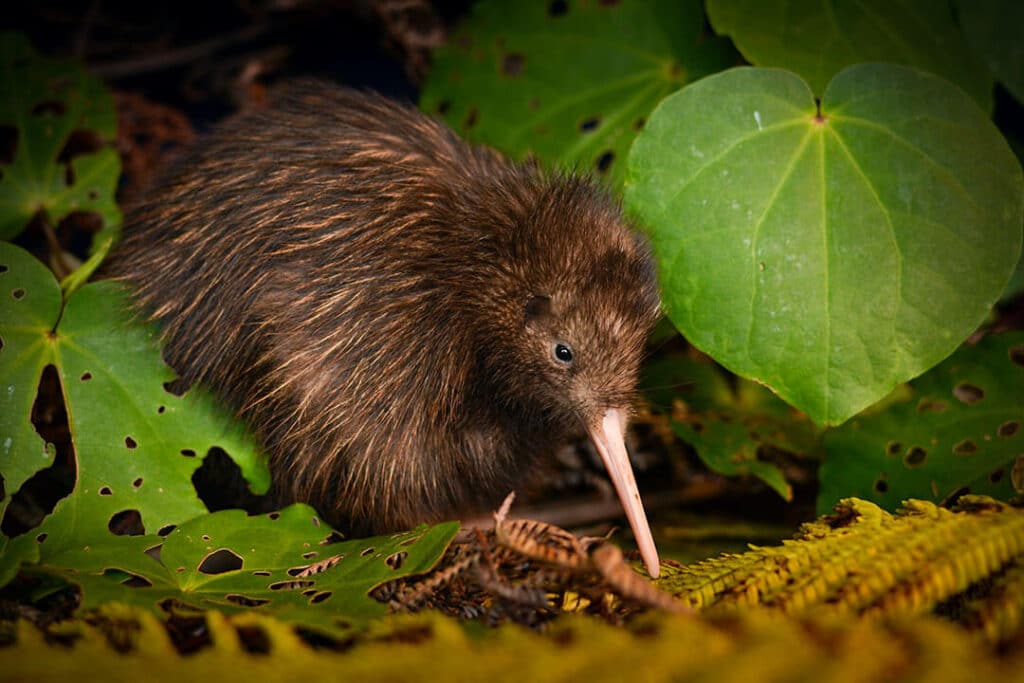
The BirdLife family has seen this happen already. Forest & Bird (BirdLife in New Zealand) have supported the Ardern administration to secure a national green recovery. Their blueprint unlocked NZ$ 1.1 billion (US$ 800 million) for green jobs creation. A further NZ$ 700 million for green infrastructure projects is in negotiation for restoring and conserving New Zealand’s nature. If we can ensure 10% of the recovery in New Zealand helps to conserve and restore nature while building jobs and a new economy, we can use this expertise and replicate it around the world with the rest of the BirdLife Partnership.
To test this approach, the BirdLife International policy teams in Cambridge, Brussels, Singapore and Nairobi are working with and supporting several BirdLife Partners – initially the Nigerian Conservation Foundation, the Nature & Biodiversity Conservation Union in Germany, and the Nature Society of Singapore. Specifically, we will be working with government officers in Germany, Nigeria, the EU and Singapore to draw up the terms of the recovery agreements and ensure that nature restoration, conservation and a safe transition to renewable energy generates jobs; and reignite the economies of Nigeria and Singapore in a way that sets the path for a new future. As funding develops, we will aim to add the Society for the Protection of Nature in Lebanon, the Sociedad Española de Ornitología, and hopefully many more Partners in the Americas and the Pacific.
By mobilising existing and additional financial flows, we will demonstrate and promote new models of bilateral and regional recovery co-operation, of green safeguards that are incorporated into recovery plans at regional and national levels, and of on-the-ground implementation of nature-based solutions. These models will provide a clear road map to securing critical nature and climate targets that are fair, inclusive, flexible, job-generating and cost-effective.
When migratory birds arrive or depart this season, it signifies a time of renewal. They also encourage us to broaden our perspectives to think globally, beyond borders; something that the pandemic has also shown all too well. Working together, we must acknowledge that recovery from COVID, and our survival of the global climate and nature crises, depends on us demanding that nature is put at the heart of the recovery work ahead. The time is now. It is a unique opportunity and the BirdLife flock is leading the way.
Related news
Stay up to date
Sign up to receive the latest bird conservation news. You’ll also receive updates about our projects, science and other ways to get involved including fundraising.
Thank you for your support, we are committed to protecting your personal information and privacy. For more information on how we use your data, please see our Privacy Policy. You can unsubscribe from emails at any time by using the link in the footer of any email from us.
